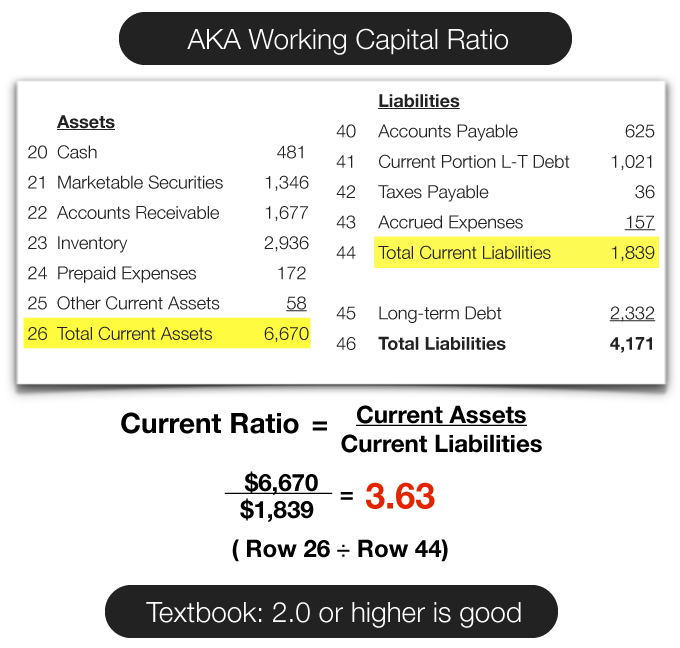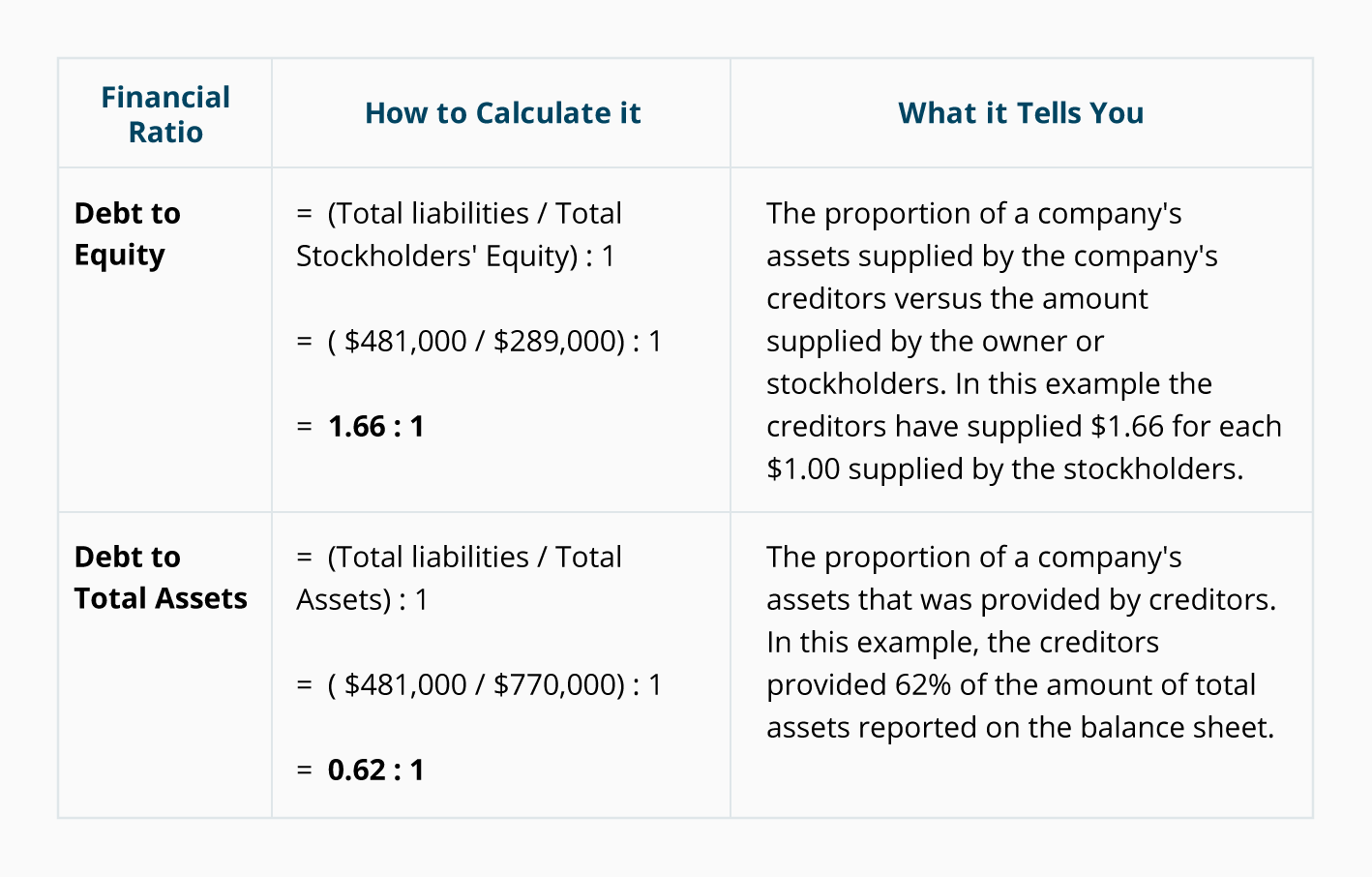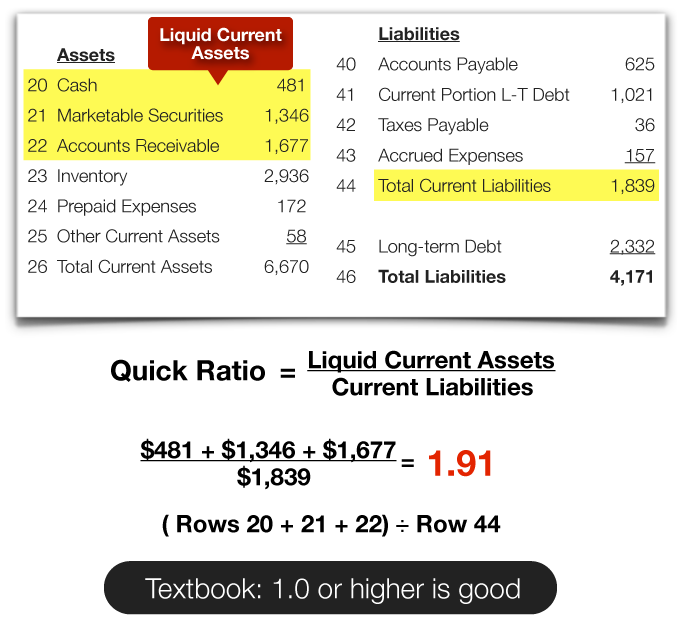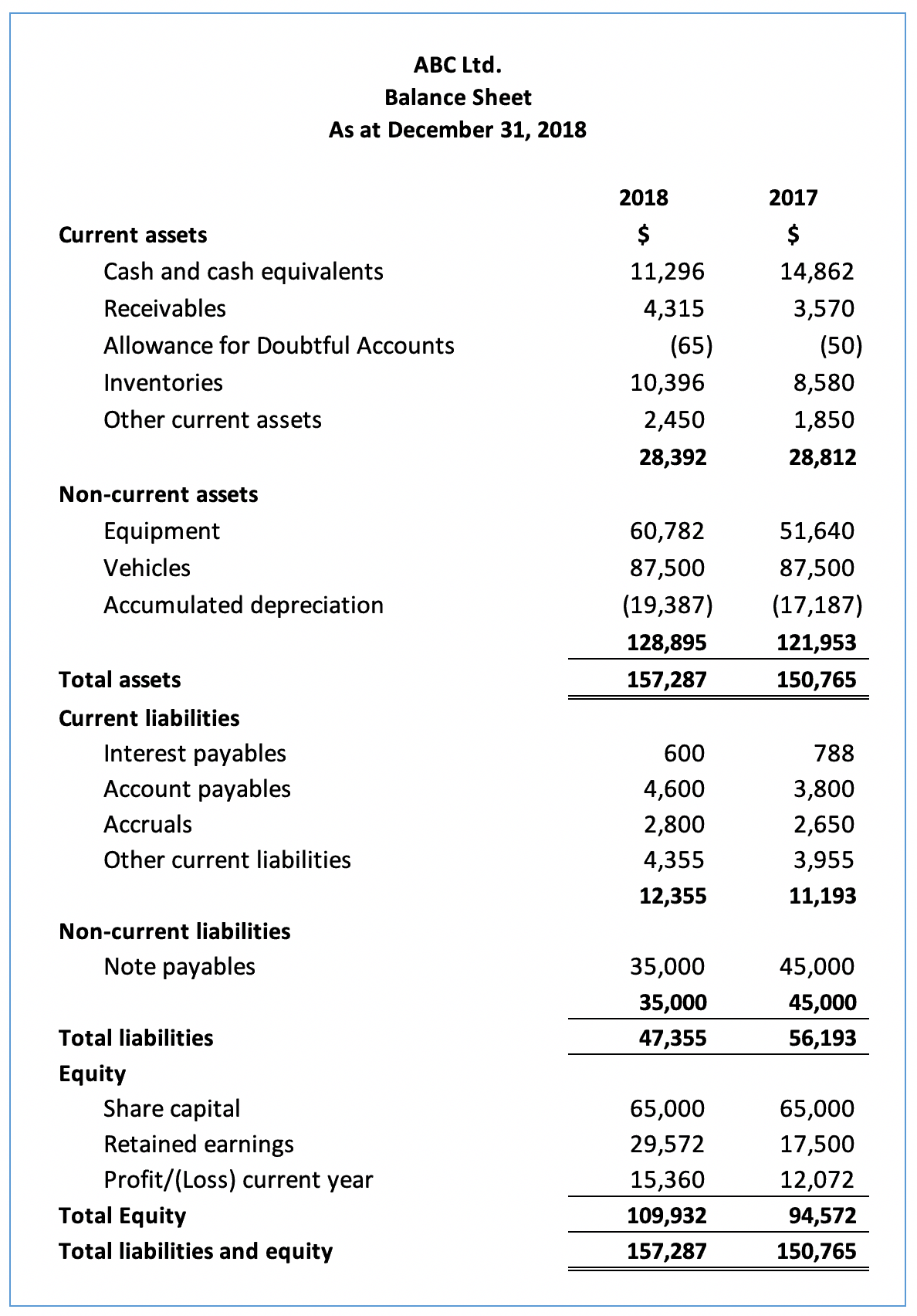How To Calculate Current Ratio From Balance Sheet - The current ratio or working capital ratio is a ratio of current assets to current liabilities within a business. In other words, it is. To calculate the current ratio, divide the total value of current assets by the total value of current liabilities.
To calculate the current ratio, divide the total value of current assets by the total value of current liabilities. In other words, it is. The current ratio or working capital ratio is a ratio of current assets to current liabilities within a business.
In other words, it is. To calculate the current ratio, divide the total value of current assets by the total value of current liabilities. The current ratio or working capital ratio is a ratio of current assets to current liabilities within a business.
Current Ratio Example & Definition InvestingAnswers
The current ratio or working capital ratio is a ratio of current assets to current liabilities within a business. In other words, it is. To calculate the current ratio, divide the total value of current assets by the total value of current liabilities.
Current Ratio Examples of Current Ratio (With Excel Template)
To calculate the current ratio, divide the total value of current assets by the total value of current liabilities. In other words, it is. The current ratio or working capital ratio is a ratio of current assets to current liabilities within a business.
How to Calculate Current Ratio from Balance Sheet ? Current Ratio kya
In other words, it is. The current ratio or working capital ratio is a ratio of current assets to current liabilities within a business. To calculate the current ratio, divide the total value of current assets by the total value of current liabilities.
Current Ratio Explained With Formula and Examples
The current ratio or working capital ratio is a ratio of current assets to current liabilities within a business. In other words, it is. To calculate the current ratio, divide the total value of current assets by the total value of current liabilities.
Introduction to Financial Statements Balance Sheet Analysis The
The current ratio or working capital ratio is a ratio of current assets to current liabilities within a business. To calculate the current ratio, divide the total value of current assets by the total value of current liabilities. In other words, it is.
How To Calculate The Current Ratio In Excel at David Lord blog
In other words, it is. To calculate the current ratio, divide the total value of current assets by the total value of current liabilities. The current ratio or working capital ratio is a ratio of current assets to current liabilities within a business.
How to Perform Balance Sheet Ratio Analysis in Excel ExcelDemy
The current ratio or working capital ratio is a ratio of current assets to current liabilities within a business. To calculate the current ratio, divide the total value of current assets by the total value of current liabilities. In other words, it is.
How to calculate current ratio in excel WPS Office Academy
In other words, it is. To calculate the current ratio, divide the total value of current assets by the total value of current liabilities. The current ratio or working capital ratio is a ratio of current assets to current liabilities within a business.
Introduction to Financial Statements Balance Sheet Analysis The
The current ratio or working capital ratio is a ratio of current assets to current liabilities within a business. To calculate the current ratio, divide the total value of current assets by the total value of current liabilities. In other words, it is.
Balance Sheet Ratios Types Formula Example Accountinguide
The current ratio or working capital ratio is a ratio of current assets to current liabilities within a business. In other words, it is. To calculate the current ratio, divide the total value of current assets by the total value of current liabilities.
The Current Ratio Or Working Capital Ratio Is A Ratio Of Current Assets To Current Liabilities Within A Business.
To calculate the current ratio, divide the total value of current assets by the total value of current liabilities. In other words, it is.
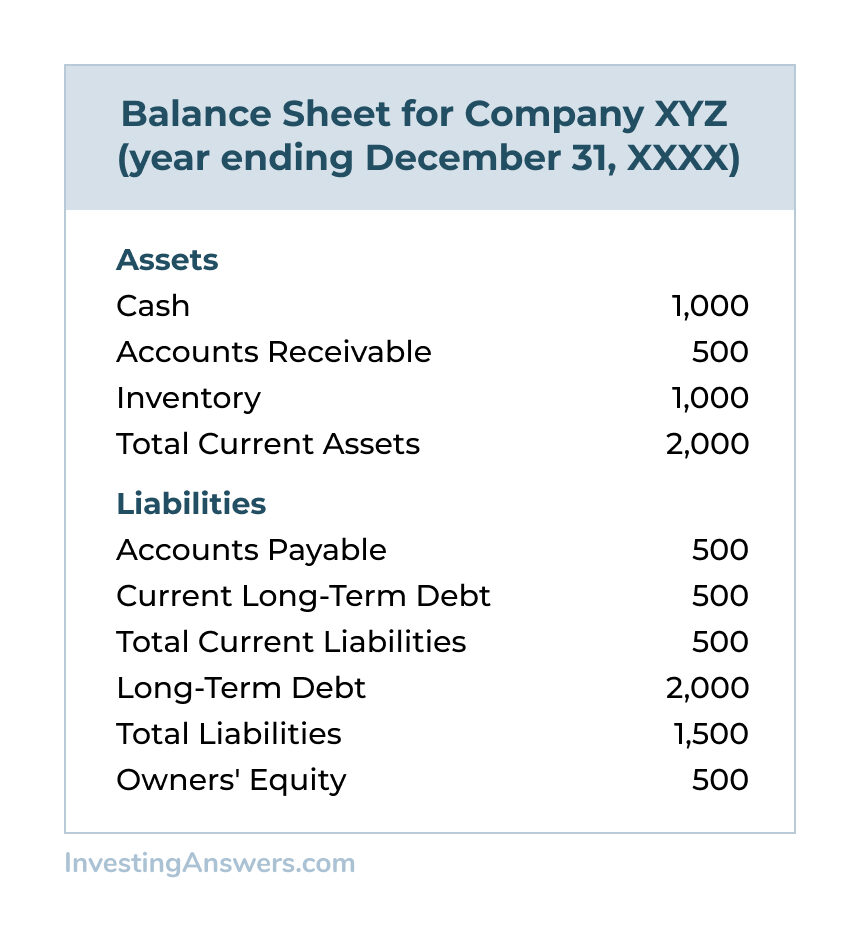
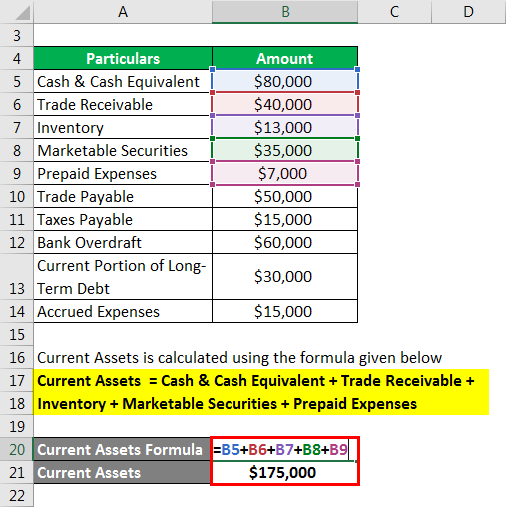

:max_bytes(150000):strip_icc()/dotdash_Final_Current_Ratio_Jul_2020-03-54eeb2ed66a546ad8c2f1e5e86366170.jpg)
